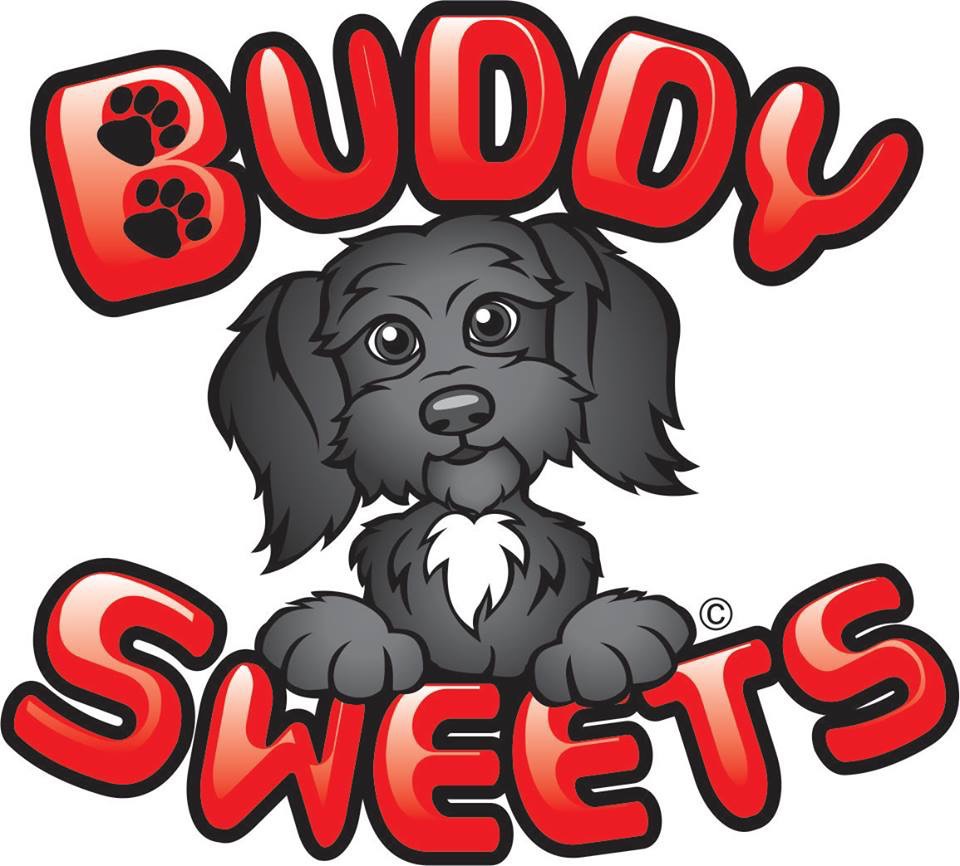Training Ourselves with Kindness: What Dog Training Can Teach Us About Personal Growth, Relationships, and Self-Care
- Buddy Sweets

- Aug 26, 2025
- 3 min read

When most people think about dog training, they picture teaching a pup to sit, stay, or walk politely on a leash. But here’s the secret: the same science that helps us teach our dogs also shapes how we learn, grow, and build relationships. It’s called learning theory, and it’s not just for animals—it’s wired into every single one of us.
Classical Conditioning: Why Feelings Get Attached to Experiences
Back in the early 1900s, Ivan Pavlov discovered something fascinating: dogs could learn to salivate at the sound of a bell if that sound was repeatedly paired with food. This is classical conditioning—our brains linking one thing to another, often without us realizing it.
With dogs: The leash comes out, and the dog starts bouncing with excitement before the walk even begins.
With people: Maybe you hear your phone ding and instantly feel a rush of anticipation—or dread—depending on who usually texts you.
This is why creating positive associations matters. If we pair self-care activities with things that feel good—like lighting a candle while journaling or playing relaxing music while stretching—our brains start craving those routines. And in relationships, if we consistently pair our presence with warmth, encouragement, and respect, others will feel safe and valued around us.
Operant Conditioning: Choices, Consequences, and Reinforcement
B.F. Skinner later built on Pavlov’s work with operant conditioning—the idea that behavior is shaped by its consequences. Simply put: behaviors that get rewarded are repeated; those that don’t tend to fade away.
With dogs: Ask for “sit,” reward with a treat, and your pup learns that sitting when asked pays off. Ignore jumping, and over time it happens less.
With people: Go to the gym and get a flood of endorphins and compliments from friends, and you’re more likely to go again. Practice kindness and gratitude in a relationship, and you reinforce closeness and trust.
This is where things get practical: if you want to change your life, think less about punishment and more about reinforcement. Instead of beating yourself up for sleeping through the alarm, celebrate the mornings you do wake up on time. Instead of criticizing a partner for what they didn’t do, thank them for the little things they did.
Shaping: Small Steps Lead to Big Change
In dog training, we often use a method called shaping—rewarding tiny steps that build toward a bigger behavior. A puppy won’t learn a perfect heel in one session, but we can reward every small improvement: walking by our side for a few steps, checking in, ignoring distractions.
Life works the same way. Personal growth doesn’t come from giant leaps—it comes from reinforcing the little wins. Maybe you want to eat healthier. Start by adding one extra vegetable a day instead of overhauling your whole diet. Want a deeper relationship? Try adding one moment of gratitude or connection daily. With time, those “baby steps” snowball into powerful change.
Extinction and Boundaries: Knowing What Not to Reward
Here’s a truth many dog owners learn the hard way: what you pay attention to, you reinforce. If you pet a dog when it whines, the whining gets stronger. If you ignore it consistently, the behavior fades (that’s called extinction).
Humans aren’t much different. If we continue to give attention or energy to habits, thoughts, or people that don’t serve us, those patterns grow stronger. Learning when to stop rewarding harmful behaviors—whether that’s doomscrolling, negative self-talk, or a toxic friendship—is as important as reinforcing the good.
Self-Care Through Positive Reinforcement
At its core, learning theory teaches us this: behavior grows where it’s reinforced. That’s why it’s so powerful to treat yourself like you’d train a beloved pet—with compassion, patience, and positive reinforcement.
Pair your self-care routines with things that bring you joy.
Celebrate progress, no matter how small.
Build habits one step at a time.
Let go of punishing yourself—focus on rewarding what you want more of.
Just as dogs thrive when training is consistent, kind, and clear, so do we.
Relationships Built on Reinforcement
Healthy relationships aren’t about control; they’re about mutual reinforcement. We feel closest to the people who notice our efforts, encourage our growth, and celebrate who we are. Think of praise, gratitude, and kindness as the “treats” of human connection. When you consistently reinforce the good in each other, trust and intimacy grow naturally.
Closing Thought
The science of learning theory reminds us that change doesn’t come from punishment or fear—it comes from creating positive associations, rewarding the behaviors we want, and building habits step by step. Whether we’re teaching a dog to sit, building healthier routines, or nurturing relationships, the principles are the same.
Train yourself with kindness. Reward the good. Ignore what doesn’t serve you. And watch how both you and your relationships flourish.





Comments